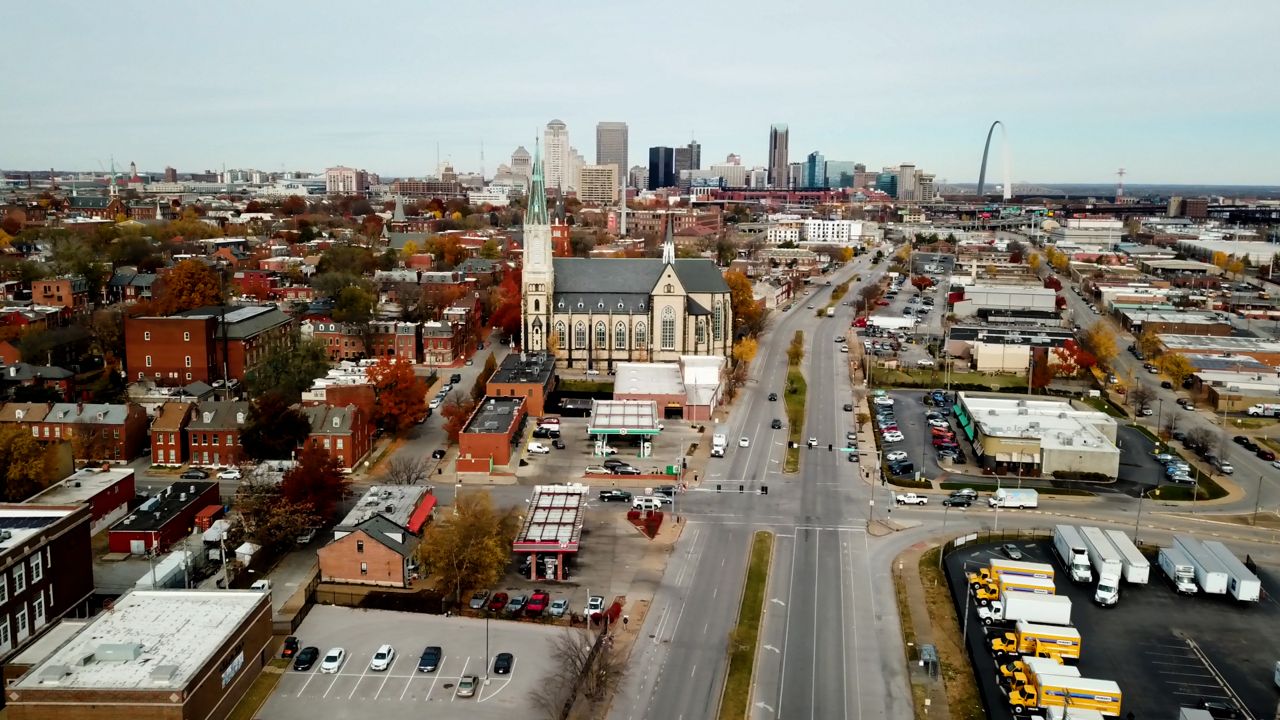ST. LOUIS–More than 400 St. Louis families will receive $500 a month for a year and a half under a new bill Mayor Tishaura Jones signed into law Wednesday.
The Working Families Bill will use $52 million of American Rescue Plan Act (ARPA) funding to establish Missouri’s first guaranteed basic income program. The $5 million pilot program will provide about 440 households with $500/month for 18 months.
The rest of the ARPA funding will go to expanding health care access and investing in public safety by creating new youth opportunities.
“From creating better opportunities for our youth to expanding access to healthcare, this bill is an investment directly in our communities still struggling to get back on their feet,” said Mayor Jones in a statement.
To qualify for the $500 monthly payments, participating families must:
- Residents must be a parent or legal guardian of a parent with a child enrolled in a St. Louis City public school
- Suffered a negative impact of the COVID-19 pandemic
- Be at or below 170% of federal poverty level based on family size/household income
“The Working Families bill gives struggling families an added lift so they can pursue higher paying jobs, cover childcare expenses, and pay down debt—giving them a real chance to break the cycle of poverty,” said Board of Aldermen President Megan Green.
The bill also will make critical investments to address root causes of crime, according to the mayor’s office. The bill uses $2 million to create the Bureau of Behavioral Health to tackle substance misuse and abuse. There also is $10 million slated to help with youth opportunities through enhanced youth diversion, programming and job support.
St. Louis used ARPA funds in 2021 to pilot a Direct Cash Assistance program, providing a one-time $500 payment to over 9,000 residents.
The group Missouri Jobs for Justice published a report earlier this year on that Direct Cash Assistance program. It found recipients predominantly used the money toward essential needs, including utilities, groceries and transportation. The report noted more than 33% of the money was withdrawn through an ATM or transferred to another account and can not be traced. The authors suggest that may show some recipients’ needs could only be paid in cash or that flexibility was highly valued.
The report also states 80% of those surveyed identified as Black, 71% identified as women. Also, a majority of the recipients cited job loss, unpaid time off due to COVID-19 or quarantine and lack of childcare as reasons for needing the funds.
The group’s findings also point out the recipients reported the financial support prevented worse health outcomes and reduced stress and anxiety.
St. Louis joins 20 other cities across the country in piloting a similar program. The city has not yet released information on how residents can apply for this program.



